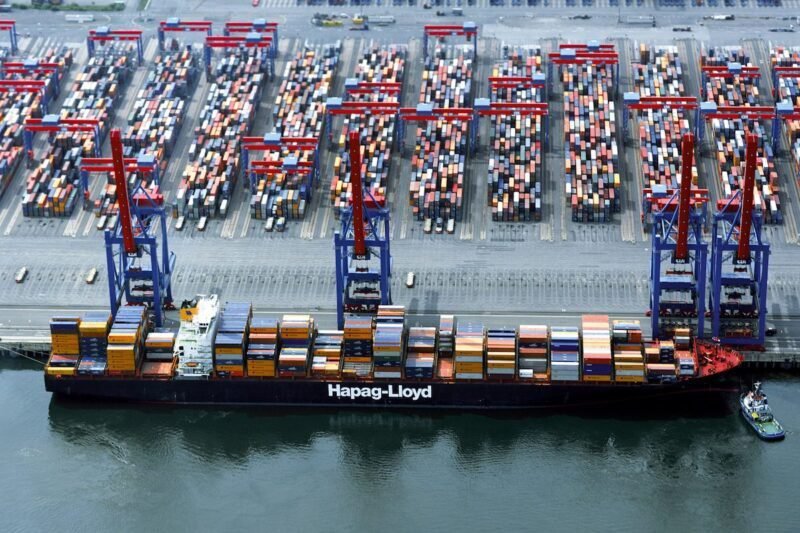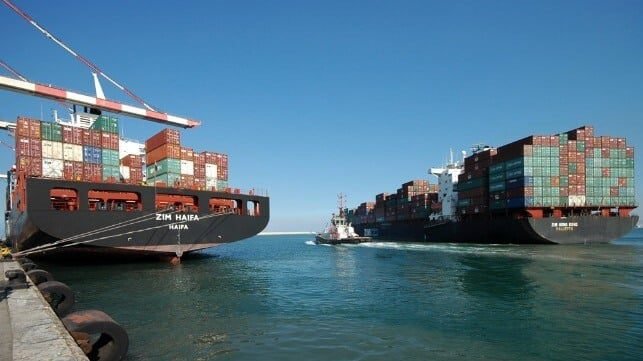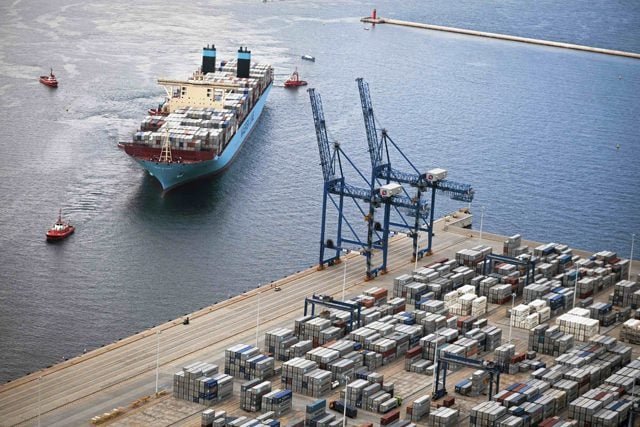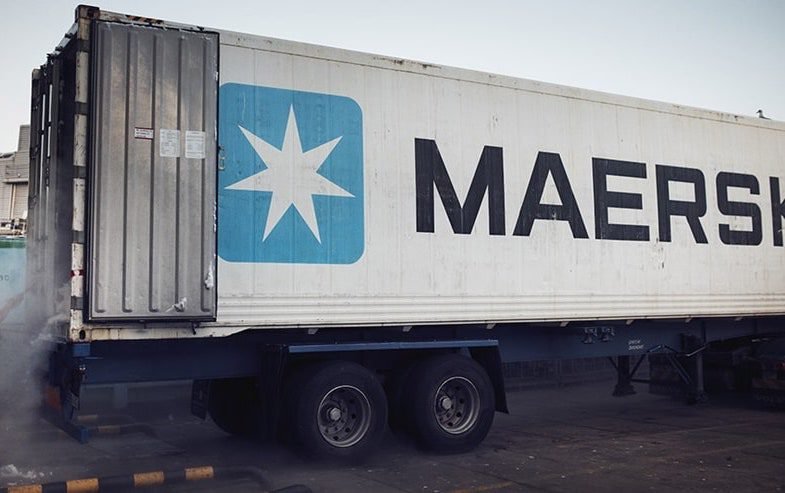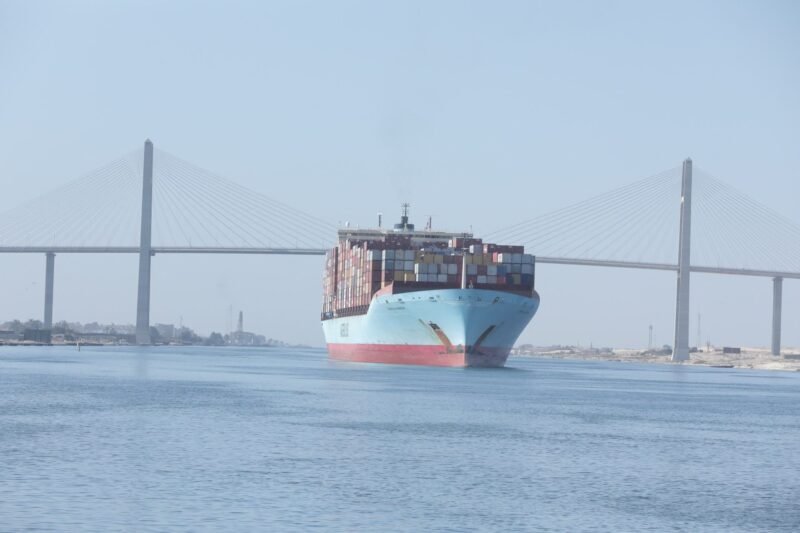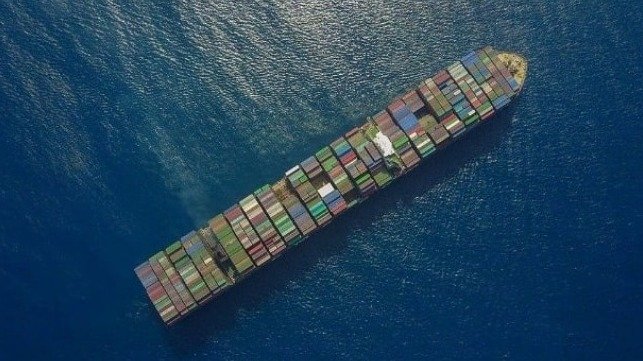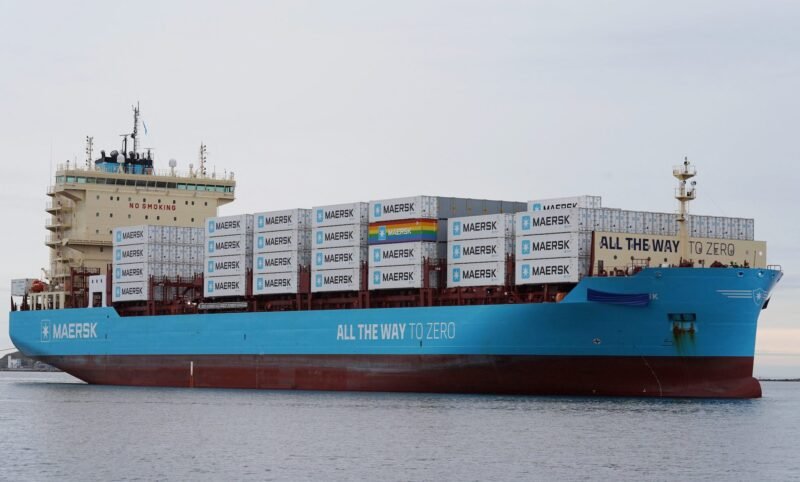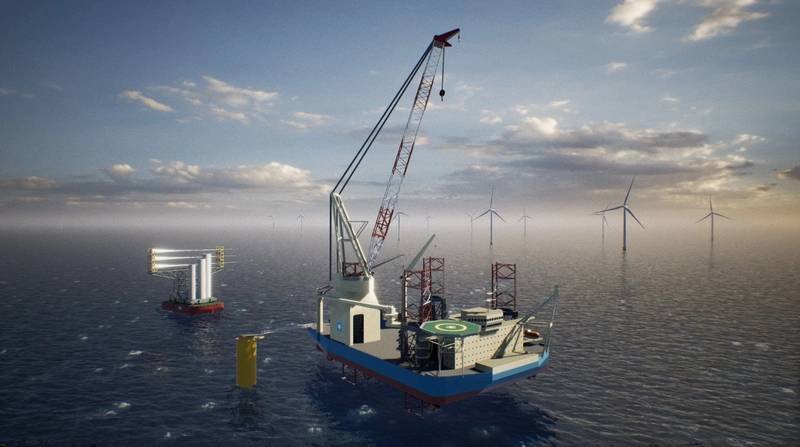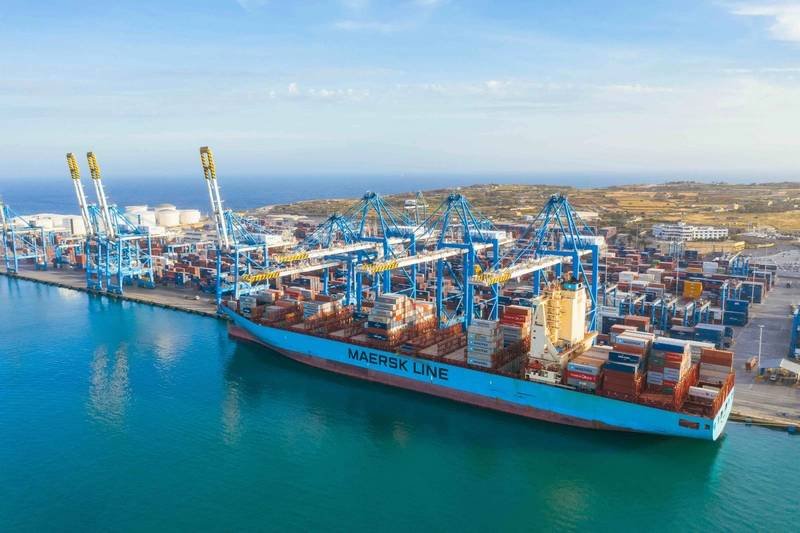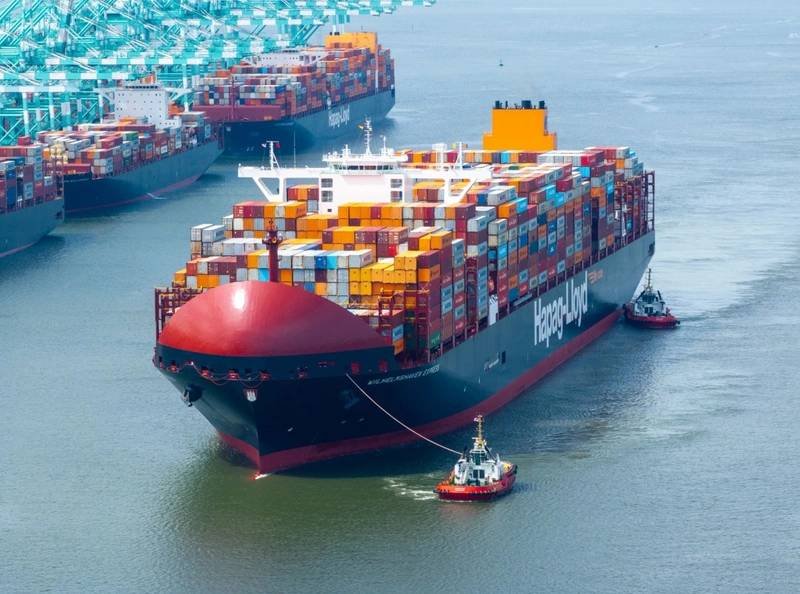The liner shipping industry’s new ship-sharing alliance, the Gemini Cooperation, is aiming to shift the current trend of direct port calls in favor of a “hub & spoke” operation. However, for this concept to work, shippers need to have confidence in the resilience of the Gemini Relay network and the guaranteed connection of exports and imports. Additionally, feeder vessels must receive the same priority as mainline vessels in terms of work prospects.
The Gemini VSA will designate two to three primarily owned or controlled hub ports per region, which will be served by a feeder network. Maersk and Hapag-Lloyd, the partners behind the new VSA, believe that the use of hub-and-spoke operations will significantly improve schedule reliability. Hapag-Lloyd’s CEO notes the need for a significant change in operational performance compared to their current status quo, while Maersk is confident in the partnership’s ability to achieve a very ambitious schedule reliability of 90%.
The partnership between Maersk and Hapag-Lloyd has been described as a “strong game”, with both companies committed to delivering quality and achieving a high schedule reliability. However, hub-and-spoke operations have had a checkered history in the past, and the success of the Gemini Cooperation will depend on the resilience and integrity of the network. The full schedule and details of the planned feeder network are expected to be announced later this year.


